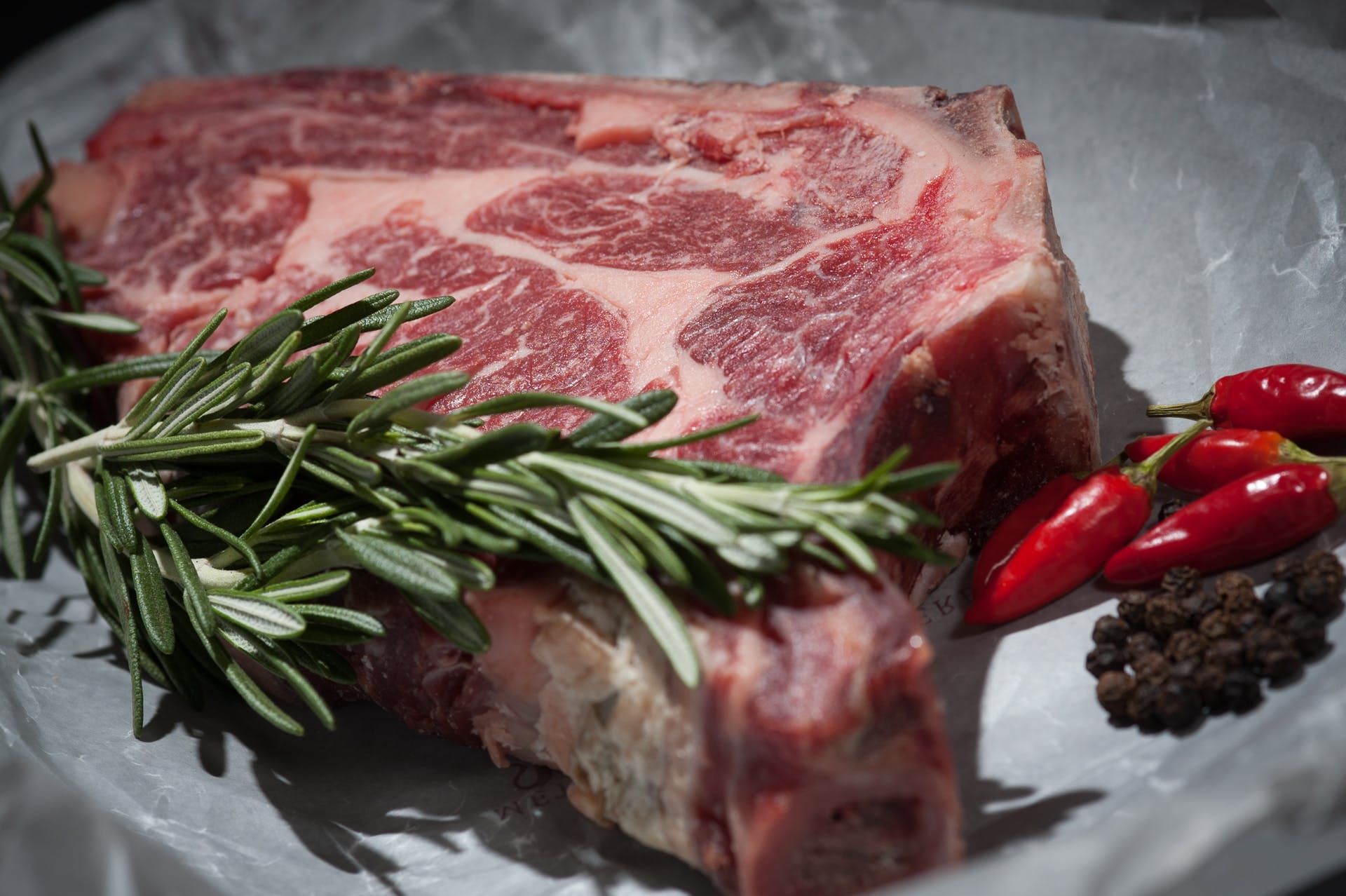In recent times, there has been an increased demand for organic food as people become more mindful of their well-being and the impact of their food choices on the environment. One particular section that has garnered attention is the meat aisle in grocery stores. With individuals seeking transparency and sustainable options, it’s important to navigate this aisle with care. This article aims to provide guidance on selecting meat by highlighting what to look for and explaining the significance of these choices.
Understanding Organic Meat
Before delving into the intricacies of navigating the meat aisle, it’s crucial to grasp what sets organic meat apart. Organic meat is sourced from animals raised under farming standards, governing aspects such as living conditions, diet, and medical treatment, with a focus on promoting animal welfare, environmental sustainability, and human health.
What to Consider when Choosing Organic Meat
Certification Labels
When exploring the offerings in the meat aisle, one of the things to consider is certification labels. In the United States, you can rely on the USDA Organic seal as an indicator that a product meets standards set by the National Organic Program. This certification plays a crucial role in ensuring that the meat is sourced from animals raised on feed without the use of hormones or antibiotics.
Opting for grass-fed and pasture-raised options is another factor to consider. Allowing animals to graze freely on pastures creates a natural and humane environment for them. Additionally, grass-fed meat often contains levels of omega-3 fatty acids and other beneficial nutrients, contributing to its quality.
Another reason why consumers prefer organic meat is to avoid exposure to antibiotics and hormones commonly found in conventional meat production. The organic standards strictly prohibit the use of antibiotics and hormones, ensuring a more sustainable product.
Supporting farmers and embracing sustainable practices not only benefits the environment but also contributes to the local economy. To determine the origin of the meat, check for information on the packaging, and feel free to ask store staff. Choosing products from sustainable sources helps reduce the carbon footprint associated with transportation.
High animal welfare standards are a part of organic farming practices. It’s important to investigate whether the meat you’re considering comes from farms that adhere to these standards and prioritize the humane treatment of animals.
Why It’s Important
There are reasons why it’s beneficial to choose meat from farms that prioritize animal well-being:
Health Benefits
Organically produced meat tends to be healthier due to the production standards followed. By avoiding the use of antibiotics and hormones in farming, consumers reduce their risk of ingesting these substances, positively impacting their health.
Environmental Impact
Selecting organic meat is a conscious decision. Organic farming practices prioritize sustainability by reducing the use of chemicals and promoting biodiversity. By supporting these practices, consumers actively contribute to minimizing the impact caused by conventional meat production.
Animal Welfare
Choosing organic meat aligns with concerns regarding animal welfare. Animals raised under organic standards generally experience improved living conditions, reflecting compassionate treatment and resulting in higher quality meat.
Supporting Local Economies
Giving preference to sustainable options in the meat section supports local farmers and economies. This has an effect by fostering community resilience and reducing carbon emissions associated with the long-distance transportation of goods.
In a world where health, ethics, and environmental impact are important considerations for consumers, making informed choices in the organic meat aisle becomes more crucial than ever before. When you pick meat that carries certifications like the USDA Organic seal and take into account factors such as grass-fed, pasture-raised, and locally sourced options, it means you’re selecting products that align with values like sustainability, animal welfare, and overall well-being. By making decisions while shopping for meat, you not only promote your health but also contribute to building a food system that is more sustainable and ethical.









